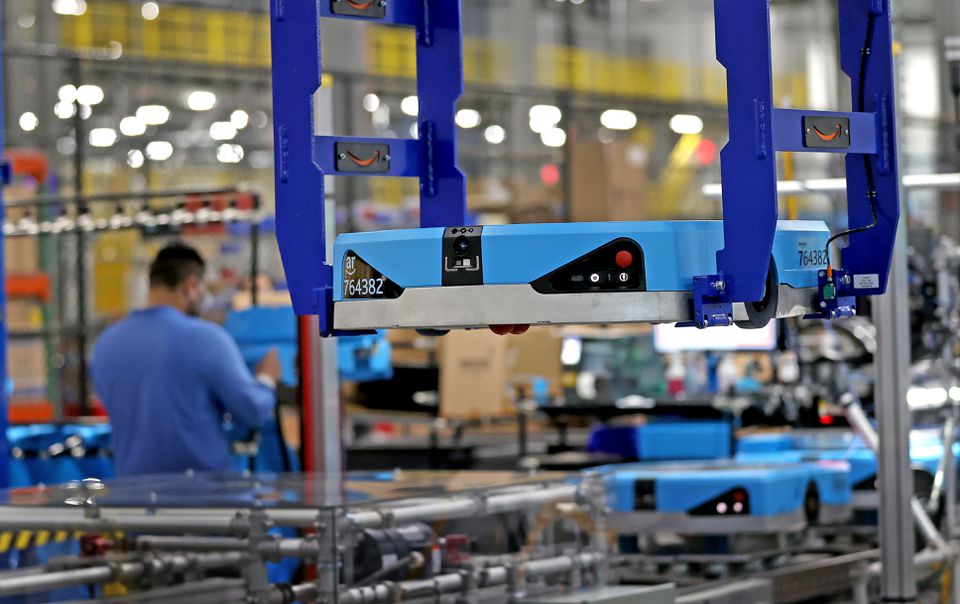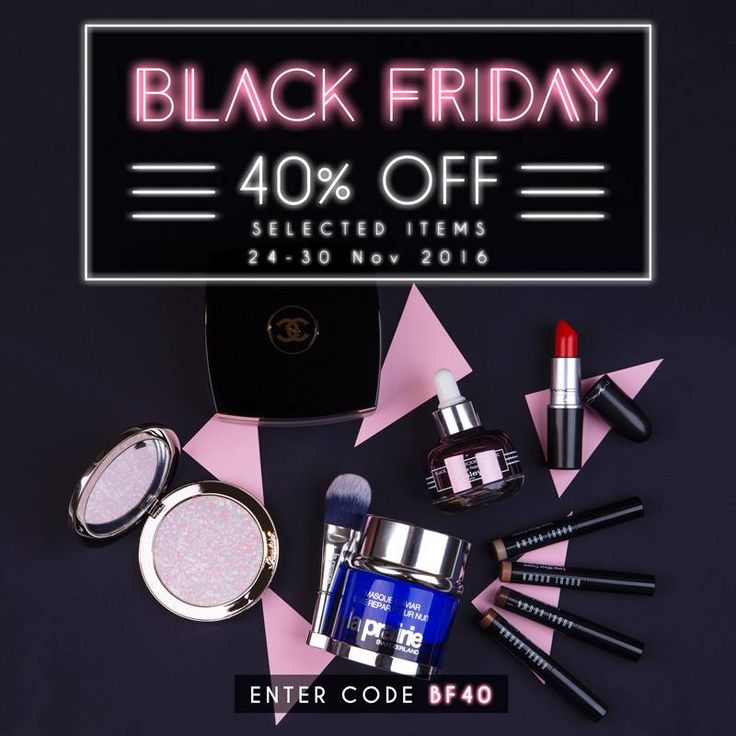
Whether you're just starting out or you've been running your own souvenir store for years, there are some things you should know before you open a shop. These include choosing the right Business entity, insurance coverage, marketing strategy and customer base. In this article, we'll cover these basics so you can be on your way to a successful souvenir store. Learn more. To succeed in souvenir retail, you need to know how to maximize your profits and maximize the size of your store.
Company entity
For your souvenir store to be able to operate, you'll need multiple licenses and permits. These licenses and permits will vary depending on the state and town where you're located. There are three common local registrations: the Occupancy Permit (employer identification number), and the Sales Tax Permit. SBA has a list that lists local resources that can help your business get the licenses, permits, and permits it needs.
Artists and craftspeople from your local area can help you add an artistic touch to your shop. Find them on Etsy. It is possible to feature regional goods in your store and make it stand apart from the rest. Here are some resources to help start a souvenir store. Consider showcasing local artisans if you wish to capture the attention of tourists.
Start by deciding what type of business entity to set up. Economic conditions can have a huge impact on the souvenir business. While increased travel and discretionary spending can be a benefit to souvenir shops, changes in travel habits could impact sales. Recent trends favor handmade gifts and personalized gifts. When it comes to selling specialty products and building an online presence, small businesses are more successful. Wix, for example, can be used to help non-technical people set up and manage websites.
After you've selected your business entity you will need to prepare a business strategy. This will allow your business to be more focused on its core competencies and improve your chances of success. You need to secure funding for your souvenir shop. A business plan and local incentives are necessary to open a souvenir shop. Good credit rating, the ability to invest fifteen to twenty per cent of the total startup costs and sufficient capital are necessary. You should keep your personal and company finances separate to avoid confusion.
Indemnity insurance
Insurance coverage must be adequate for your souvenir store. Based on your location, you may need to pay an additional fee for additional insurance. Some states require specific types of insurance in order to operate legally. These include workers' compensation insurance. The type of souvenir shop that you run will determine how much general liability insurance coverage you need. It could cost you between $350-$700 per annum. Your insurance agent can explain your options and help you choose the right type of insurance.

If you own a truck, for example, you will need insurance for its contents as well as the truck. Intentional damages and natural occurrences should be covered. You might need additional insurance if your location is high-risk. The outer coverings of your buildings can be damaged by extreme cold, theft, vandalism, or other natural occurrences. It is vital to understand the details of each policy before you make a decision, so that you can choose the right one for your business.
Even though souvenir shop insurance is costly, it is worth it. In the event that your business is damaged or destroyed, your insurance will cover your medical costs, lost income, and legal fees. Not only does this give you peace of mind, but it protects your business from lawsuits and other unfortunate incidents. You may also need liability insurance for theft and vandalism for your business, as well as coverage for customers.
If you want to set your souvenir store apart from the competition, you can source local products and artists. Look online to find local artisans. Etsy is another popular marketplace that sells handmade products. It's a great way to meet other business owners and get new ideas. The Internet is a great place for networking. You can also find souvenir stores at airports, and other tourist destinations. The souvenir market is large and diverse, and you should stock a variety of products that will appeal to different demographics.
If you have a store that sells valuable items, consider adding these to your policy. Before you buy insurance, ensure you are aware of the exact value of your products. Also, make sure your policy covers valuable gifts. To add additional coverage to your policy, you might need to include a schedule personal property endorsement. If you do this, you can be sure that you'll have the right coverage for your business and your customers.
Marketing strategy
Marketing success for a souvenir shop is dependent on many factors, just like any business. These factors include promotion-selling skills, place-atmosphere, product assortment, layout, and product assortment. The study looked at 12 variables that influence the performance in souvenir/gift shops across Canada, the U.S., Canada. These variables were not the only ones we measured. We also measured noise levels and appearances of sales staff, fixtures and quality of customer service in souvenir shops.
It is not uncommon for Americans to take leisure trips. These trips are worth $2,229 for the average American. Souvenirs are an excellent way to cash in on this trend. Souvenir shops can capitalize on this trend and turn a healthy profit, especially in popular tourist destinations. Here are three strategies for marketing a souvenir shop:
Handmade products: In addition to traditional handcrafts, your souvenirs will be of high quality and authentic style. Your store's unique artistic style and variety of art products will attract customers. Fair prices are also important. Your souvenirs will reflect the quality of craftsmanship, the local culture, and the experience that inspired the gift. Your souvenirs will remain a lasting memory of your trip and be a source of repeat business.
Online advertising: Make your souvenir shop known online by listing it in Google maps and signing up to business directories. You can also list your store at local events, and hold raffles. To sell your products online, you can tie up with other ecommerce websites. It is possible to make a gift bundle with the same price. This will attract customers' attention and help them trust you. To be a successful souvenir shop, you must keep up with the latest trends to attract more customers.

Your marketing plan's products and services section should contain a description of the gift shop and reasons people might need it. Depending on your store's type, you may also offer gift wrapping and engraving. If you are selling souvenirs, make sure to compare prices with others. This way, your shoppers can make a comparison and decide whether they should purchase a particular gift or visit your store. Your target market is where you intend to open your shop.
Customer base
A well-designed souvenir store can generate high profits. Tourists often buy souvenirs to remember their trip. Thus, a wide inventory selection is essential to draw customers. A personal touch is a great way to attract customers. Here are some great tips for increasing the number of customers in souvenir/gift shops. These are just a few tips to help your store become more popular among tourists. Your customers may also be interested in attractive incentives.
Offer items that customers can use daily. A variety of coffee mugs, bottle openers, magnets, and wall art are good souvenir ideas. These items are not only useful, but they can also be attractive to a wide variety of customers. So, consider offering souvenirs that are appealing to different types of people. These can include young adults, couples, children, and coworkers. You should therefore choose souvenirs that appeal widely to a broad customer base.
Whether your souvenir shop is selling unique souvenirs or licensed merchandise, it is crucial to know your customer base and its preferences. Unique souvenirs will be most popular because customers tend to purchase souvenirs for different occasions. However, souvenir shops selling personalized items are likely to make more profit than those that don't. Customers are more likely to purchase souvenirs they can take home with them. The best souvenir stores sell items that represent the culture and history of their area.
These findings offer insight into marketing strategies that can be used to promote souvenir shops. These insights will assist souvenir retailers in meeting the varied needs of tourists and increasing their satisfaction. They can also improve the profitability of souvenir shops by studying how tourists behave. Additionally, the study will give more insight into the types of souvenirs that tourists purchase, which will allow them to attract more customers. There is no doubt that souvenir shops are among the fastest-growing retail industries, with a growth rate of more than 13% annually and a high consumer satisfaction level.
FAQ
Why is it better to use credit cards when shopping online?
Credit card companies offer many benefits including free shipping, cashback, and rewards programs. They also offer fraud protection. You should choose them over debit cards because they don't charge any fees.
Customers who are unable to pay the balance on time also have flexibility with credit cards. You can also make purchases with credit cards without worrying about how much money remains in your account.
Do you think it's important to use coupons at grocery stores?
Coupons are definitely worth it as they can help save you money. You can't get every discount you want. It is best to match coupon prices with sales prices.
To maximize savings, you can stack coupons together. For example, if you have two $2/1 coupons, you could combine them into one $4/3 coupon.
Do I really need to register a credit card number in order to shop online with it?
You don't have to register for your credit card. You may want to register your credit card if you would like to receive discounts and special offers. It's always recommended to protect yourself by verifying your identity with your bank.
Statistics
- A report from the U.S. Census Bureau found that in the first quarter of 2022, an estimated $250 billion was spent on retail e-commerce sales.1 (thebalance.com)
- Your Online Purchases 79% of Americans purchased goods and services online in 2018, which is expected to exceed 90% in 2023. (meetfabric.com)
- Last Black Friday, I bought a stove from Lowes at 40% off, receiving 24 months of interest-free financing (from Lowe's). (meetfabric.com)
- An approximately 90% increase in price affords Hotel X the opportunity of extreme profits under severe circumstances. (dos.ny.gov)
External Links
How To
How to shop online safely
Online shopping is one the easiest ways to purchase goods and services. However, this convenience comes at a price. Although there are many benefits to shopping online, there are also potential risks. The biggest risk is identity theft. Identity theft poses the greatest risk. Identity thieves may use your personal data (name and address, credit card number, credit card number, etc.) to steal money from your account or obtain fraudulent loans against it. They then make a profit by selling your stolen information on a black market. If you want to stay safe while doing business online, here are some tips to keep in mind:
-
Secure websites. Most online stores offer free SSL encryption to protect customers' information. Any information entered on the site, including names and addresses, phone numbers, credit card details, and so forth, is encrypted. It blocks anyone from seeing the information you enter. Check that the certificate has been issued by a recognized CA before you decide which online store you want to do business. When you browse the web, look for a green padlock icon at the URL bar.
-
Don't give away your password. When you first sign up for a new account, you usually receive an email asking you to confirm your email address and/or username. This information should never be given to anyone. Also, don't write them down anywhere because if someone steals your wallet, they could access your accounts too! Instead, keep them safe on your computer. You should also change your passwords regularly - every three months is recommended.
-
Keep track your orders. Track where you send packages if you're sending items to other people or yourself. Many people get scammed because they think they sent something to themselves, but it was actually sent somewhere else. Before you pay shipping fees, ensure that the tracking number is checked. Always get proof of delivery before you ship anything. Contact the company immediately if you're not satisfied with the service provided.
-
You need to be aware of the person you're dealing. Many websites will require you to give sensitive information, such as your full name and date of birth, Social Security Number, and Bank Routing number. These details allow them to identify you. Be careful what information you give out. Google "what's the need?" to determine if a website has this information. and you'll find plenty of answers.
-
Be wary of pop-up windows. Pop-ups abound on many websites offering special offers, deals and other products. While some ads might seem legit, others may trick you into giving out private information. A fake antivirus program, for example, might ask you for your social insurance number and credit card number. Don't click on any links that seem suspicious to avoid being tricked.
-
Phishing scams are to be avoided. Phishing scams involve hackers pretending to be from reputable businesses in order for consumers to hand over their financial details. Phishers will often send emails that appear to come from banks and retailers encouraging customers to log into their accounts and update any information. Once you give your information, hackers have full control over your finances. Hackers could even take over your bank accounts or transfer funds from one account to another. Many resources are available on spotting a phishing scam, including How to Spot a Fake Email Scam.
-
Do your homework. Be sure to read the fine print before you sign anything. You must understand the terms and conditions before you sign any contract. Take the time to review all terms and conditions carefully. To save money, avoid paying hidden fees.
-
You can shop around. You shouldn't be afraid of shopping around. Compare prices from different websites until you find a good deal. You can also compare shipping prices when ordering multiple items. Shipping costs vary depending on the website you use. It's worth paying a little extra for fast shipping.